Introduction: What Are Smart Appliances?
Smart appliances are modern household devices that connect to the internet, allowing you to control them remotely through your smartphone or voice commands. These appliances, like smart fridges, washing machines, and ovens, use advanced technology to make home tasks easier, more efficient, and often more eco-friendly. Imagine adjusting your home's thermostat or checking your fridge's contents even when you're not at home – that’s the convenience smart appliances offer.
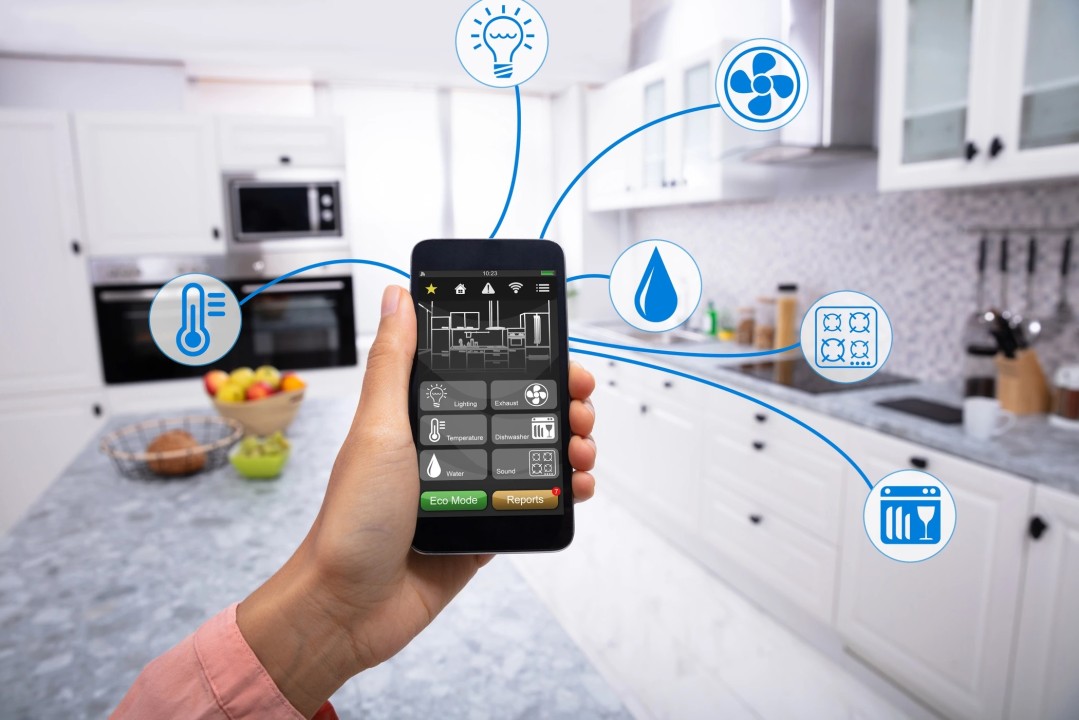
How Do Smart Appliances Work?
Smart appliances work through Wi-Fi or Bluetooth connectivity. This allows them to communicate with other devices, like smartphones, tablets, or smart home hubs (such as Amazon Alexa or Google Home). Many smart appliances come with apps that let you monitor, control, and receive updates on your device's status, whether it’s about maintenance needs or energy consumption. This connectivity is the key to making your home "smarter."
Benefits of Smart Appliances
-
Convenience and Remote Control
- With smart appliances, you can control devices even when you’re not home. For example, you can preheat your oven on your way home or start the washing machine from your office.
-
Energy Efficiency
- Many smart appliances are designed to use energy more efficiently, which can help reduce electricity bills. For instance, smart thermostats learn your routine and adjust temperatures accordingly, so energy isn’t wasted heating or cooling an empty house.
-
Time-Saving Features
Some smart appliances allow for pre-programmed schedules, reducing the need for manual operation. For example, a smart coffee maker can be set to start brewing before you wake up.
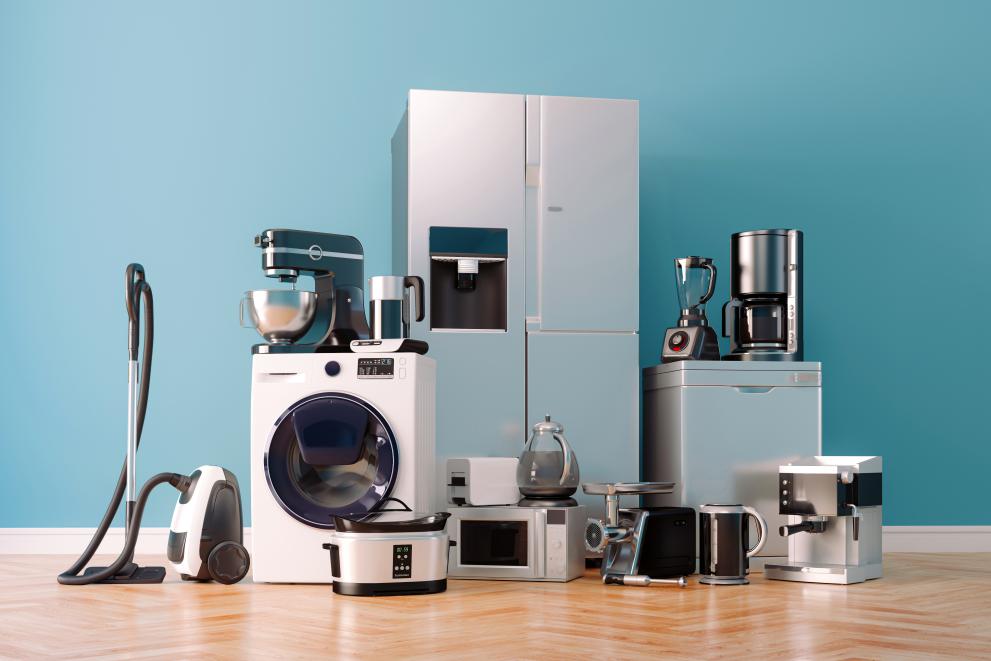
-
Eco-Friendly Options
- Many smart appliances monitor water and energy usage, which can help you make more environmentally conscious choices. Some smart washing machines, for example, adjust the water level based on the load size.
-
Maintenance Alerts and Troubleshooting
- Smart appliances can alert you when they need maintenance or if there’s a problem. Some even offer troubleshooting assistance, potentially saving you from expensive repair visits.
Popular Types of Smart Appliances
-
Smart Refrigerators
- These fridges come with features like touchscreen interfaces, grocery inventory tracking, and temperature control through your smartphone. Some smart fridges even let you look inside without opening the door.
-
Smart Washing Machines and Dryers
- Smart washing machines can be controlled remotely and may even offer options like different wash cycles for energy savings. Some models will notify you when the laundry is done, and some dryers adjust settings based on the wash load.
-
Smart Ovens and Microwaves
These appliances can be preheated or set to specific cooking programs via your phone. Some smart ovens use cameras to monitor food, making cooking easier and reducing the risk of overcooking.
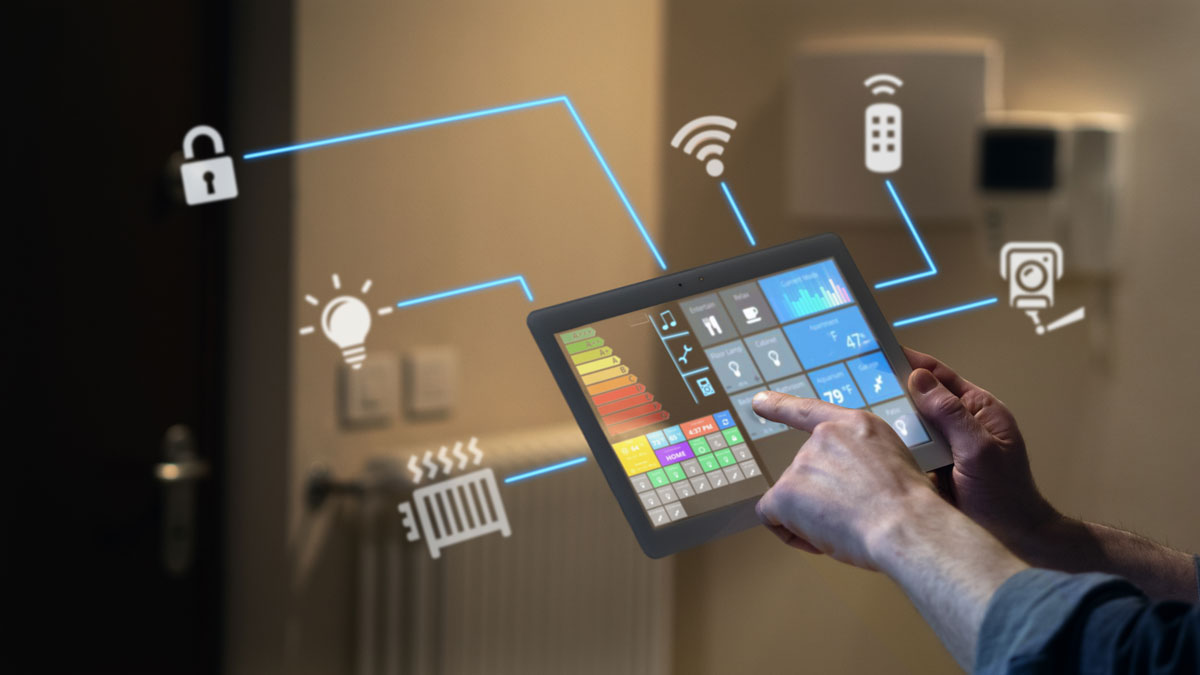
-
Smart Dishwashers
- With a smart dishwasher, you can remotely start or monitor the washing cycle. Many models also come with energy-efficient settings that adjust water usage based on the load.
-
Smart Thermostats
- These thermostats learn your daily routine to adjust the temperature automatically. You can control them remotely and even receive energy reports, helping you optimize your usage and save on bills.
-
Smart Lights
- Although not technically an appliance, smart lights are essential in a smart home setup. You can control lights remotely, set schedules, and adjust brightness, making them perfect for creating the right mood and saving energy.
How to Choose the Right Smart Appliances for Your Home
-
Assess Your Needs and Budget
- Not every appliance needs to be smart. Start by choosing smart appliances that will add real value to your daily routine. If you’re on a budget, prioritize appliances that will save you the most time and energy, like a smart thermostat or washing machine.
-
Check Compatibility
- Ensure that the appliance you choose is compatible with your existing smart home system (such as Google Assistant, Amazon Alexa, or Apple HomeKit). This makes it easier to control everything from a central hub.
-
Consider Energy Efficiency
- Look for appliances with energy-saving features. Many smart appliances are rated for efficiency and can save you money on electricity and water bills over time.
-
Read Reviews and Reliability
Since smart appliances are still evolving, it’s essential to choose reliable brands with good customer support and software updates. Reading reviews will help you learn from others’ experiences.
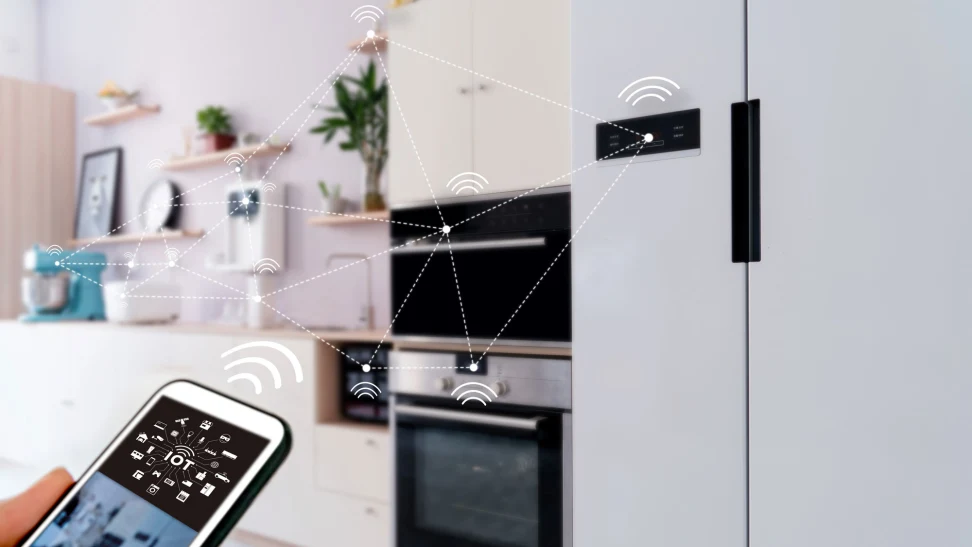
Security and Privacy Concerns
With internet-connected devices, there’s always the risk of hacking or data privacy concerns. Here are a few tips to keep your smart appliances secure:
- Use Strong Passwords: Set unique and strong passwords for your smart appliance accounts.
- Update Firmware Regularly: Many brands release software updates that fix bugs and improve security.
- Secure Your Wi-Fi Network: Make sure your home Wi-Fi network has a strong password and use network security features to keep hackers out.
Are Smart Appliances Worth the Investment?
Smart appliances often cost more upfront compared to traditional models, but they can offer significant convenience, time savings, and potentially lower utility bills over time. Whether they’re worth the investment depends on your lifestyle, preferences, and budget. If you’re tech-savvy and enjoy the idea of a connected home, smart appliances can definitely enhance your home experience. For those focused on eco-friendliness, these devices can help monitor and reduce energy and water use, making them a sustainable choice.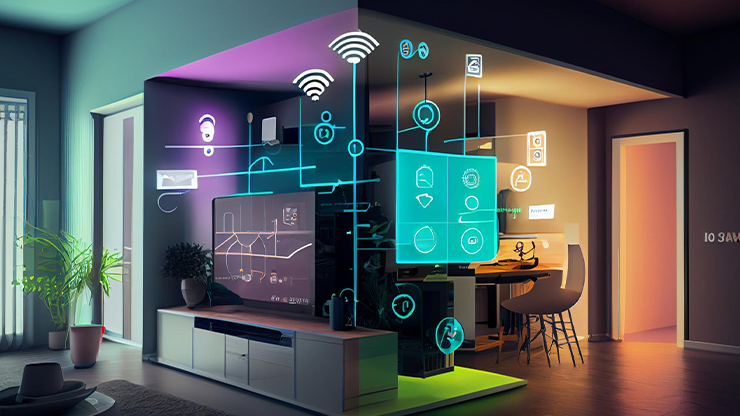
The Future of Smart Appliances
As technology advances, smart appliances are expected to become even more efficient, accessible, and user-friendly. Innovations like AI-powered features, predictive maintenance, and better integration with other smart home devices will likely improve these appliances further.
Over time, smart appliances may become a standard feature in homes, making our lives simpler, greener, and more connected.
Conclusion: Embracing Smart Appliances for a Smarter Home
Smart appliances can transform the way we live, making household chores easier and more manageable. They bring convenience, energy savings, and a touch of futuristic technology to our everyday lives. As you explore options, consider your needs, budget, and how smart appliances can fit into your lifestyle. A well-chosen smart appliance could be the first step toward a truly smart, connected home.

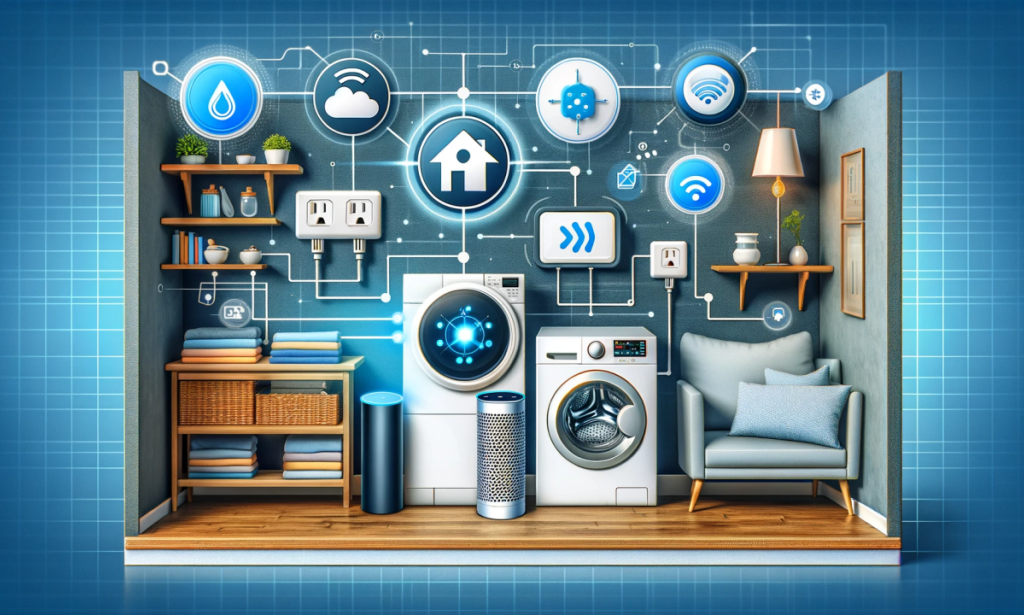
You must be logged in to post a comment.